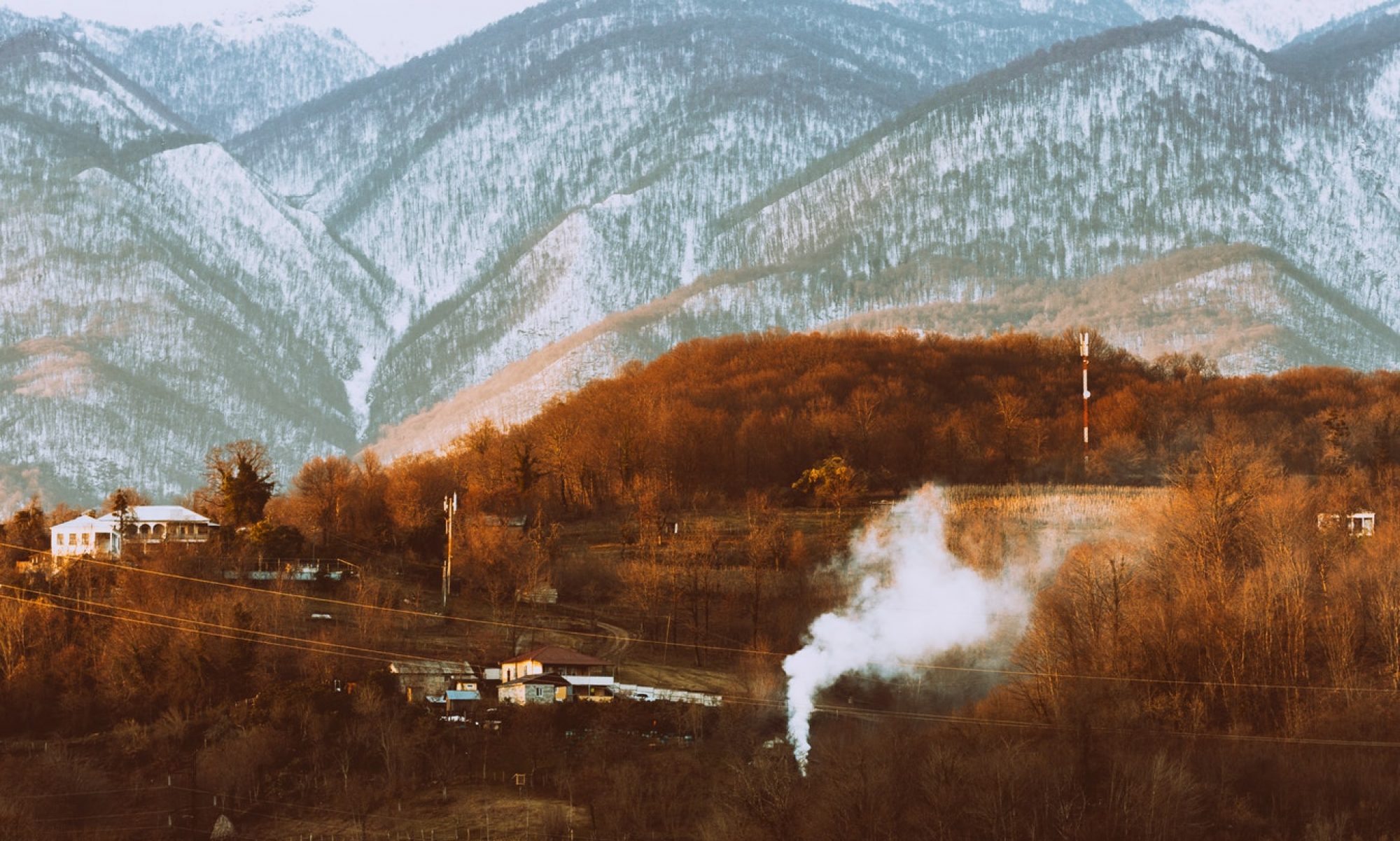This week, on 17th of January, Veli-Pekka Tynkkynen will present his new book “The Energy of Russia” at Tiedekulma. Helsinki University website published an interview with Professor Tynkkynen “Venäjän hiilivetykulttuuri ja avaimet sen purkamiseen” (Russian hydrocarbon culture and the keys to its dismantling), where the readers can learn more about the book and its premise.
Veli-Pekka Tynkkynen’s work “Energy of Russia. Hydrocarbon Culture and Climate Change ”, published in December 2019, is a clear and comprehensive presentation of Russia’s energy policy and its deep links to domestic and foreign policy as well as to Russian identity. The book is particularly valuable because, in addition to presenting the problems, it also offers concrete solutions. There are no easy solutions, but Tynkkynen still encourages trying.
Russia could produce all the energy it needs via renewable energy sources. There are so many areas in a large country ideal for solar power plants, wind farms and hydropower, that there would be plenty of energy to export. Technology is available, and the growing concerns of Russians about both global climate change and local environmental problems are putting pressure on the transition to cleaner energy production. Why doesn’t something happen, though?
– It is unnecessarily pessimistic to say that nothing would happen, comforts Veli-Pekka Tynkkynen, Associate Professor of Russian Environmental Studies There are projects in Russia, for example, aimed at increasing the utilization of wind power. Having said that, however, it must be pointed that while the projects, in absolute terms, may be large, they are mostly cosmetic in the scale of Russian energy production. Russia is helplessly behind the rest of the world, especially the EU, the US and China.
Read this brilliant interview by Niina Into in full on the University’s website.

